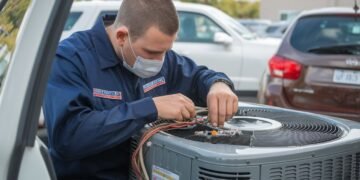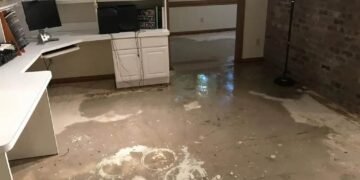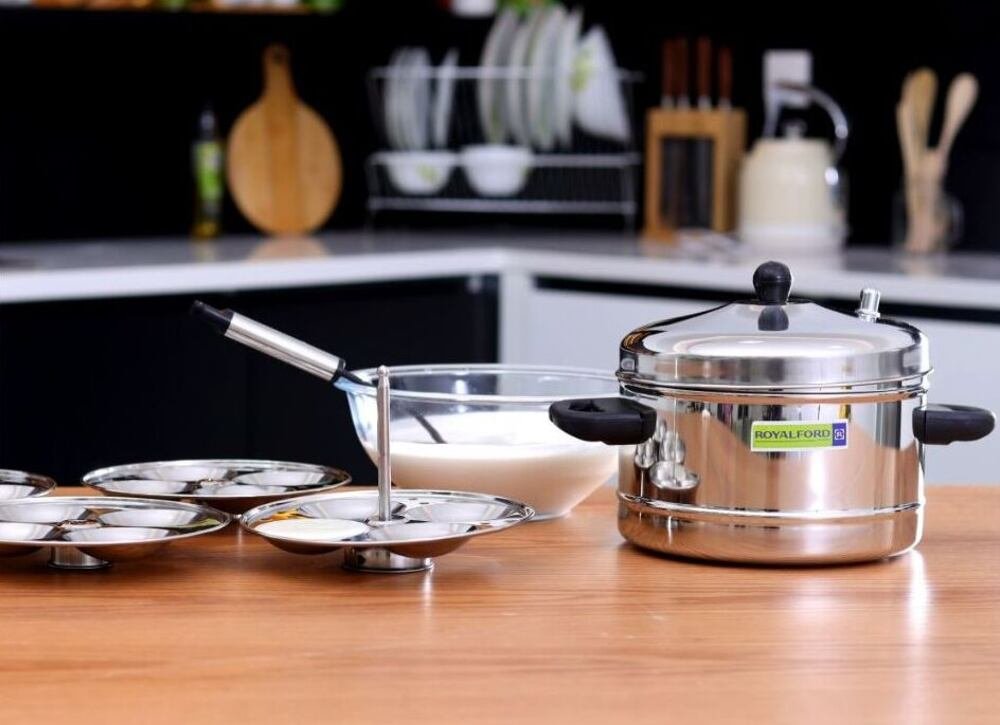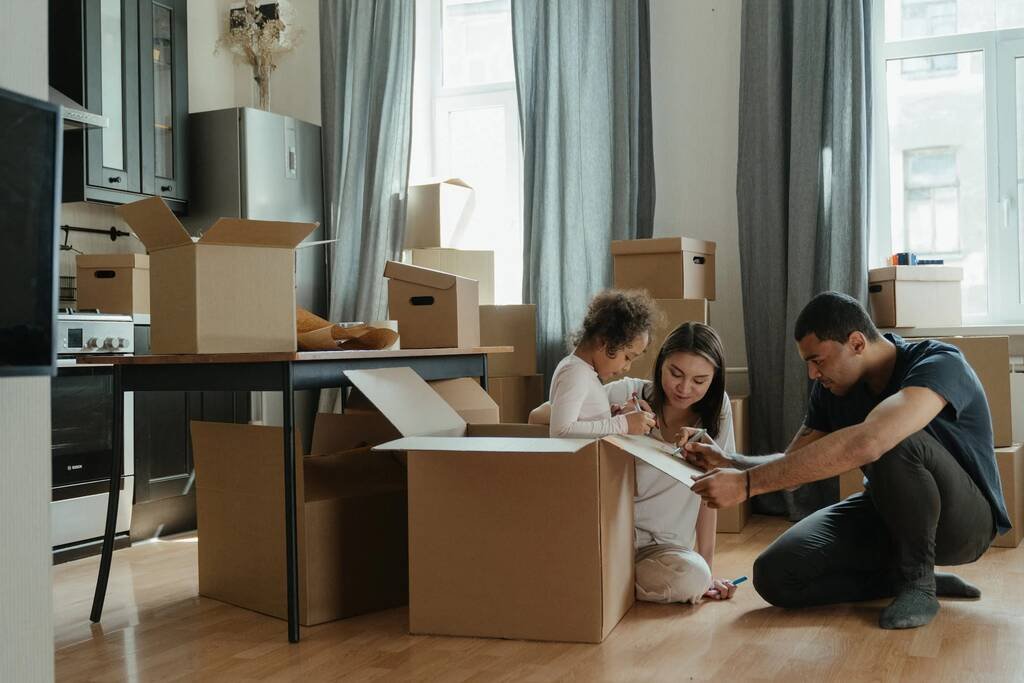Power outages are often inconvenient, considering how much they disturb one’s day-to-day activities. Those working from home would waste precious work hours the more prolonged the power stays out. Others who only use electricity for recreational purposes – such as watching shows or playing online games – could be frustrated that something interrupted their entertainment.
Shoud You Worry About Power Outages?
During extreme weather conditions, losing power is a matter of life or death for homeowners. Given the treacherous cold months, it’s almost impossible to warm up without a functioning heater. And harsh summers aren’t any better when people susceptible to heat stroke or heart problems are at risk, even more so without air conditioning (AC) units.
Although knowing the electrical essentials is an irreplaceable skill all homeowners must know; some causes of power outages can only be resolved by professionals or utility companies. Unfortunately, not all situations permit them to reach homes faster, especially during natural disasters.
6 Smart Ways to Tackle Power Outages
As a homeowner, it’s up to you to ride out power outages until help arrives. Here are some ways you can accomplish that:
1. Find A Light
Finding a light source is your top priority unless you lose power during the day. After all, you need visibility to know where you’re going. Otherwise, you might hurt yourself or damage your possessions while maneuvering in the dark.
Considering how common power outages are, you should gather all of your candles in one easy-to-reach location. After all, they’re your best options since they have separate energy sources besides electricity or power grids. Ensure your lamps or flashlights run on LED technology for energy efficiency while producing excellent lighting.

Your next alternative is your smartphone. Given how rare it is for people to part with their handheld devices, smartphone companies have included flashlights for this kind of scenario.
Still, be conscious of how frequently you use your smartphone flashlight. Using your phone too much would cause its battery to die faster unless you have a portable backup power for your home. Since it has other functions besides acting as a flashlight, it’s better to use it as sparingly as possible.
2. Check On Everyone
Power outages are extremely dangerous for certain individuals. Given their age and health conditions, older people are susceptible to many risks if they try moving around with little to no light. Meanwhile, children often get scared and distress everyone in the house when they cry. But as long as they’re inside, everyone’s safety is the homeowner’s responsibility.
Gather everyone in a room to make it easier to check on them. If you have family members outside, you must inform them of what’s happening in the house.
When you’re done checking on everyone, go outside and do the same to your neighbours if the weather permits. After all, they might face the same problems as you do when they consist of children or the elderly. Ask them if they’re fine the entire time the power’s out. But just to be sure, see if they can navigate their homes safely. As for children left alone, contact their parents or bring them back with you if they’re younger than teenagers.
3. Turn Off Everything
Unlike power outages caused by simple problems such as an old circuit breaker, massive power outages call for utility companies to work to restore power. However, attempting to do so causes power grids to go unstable, leading to power surges. Receiving sudden pulses of electricity can quickly destroy any electronics inside the house. Hence, switching off everything and unplugging appliances must be on your list of things to do.
4. Mind The Weather
How you tackle power outages relies heavily on what kind of weather you’re having. After all, dealing with extreme temperatures on top of no power could be challenging, given how different your priorities are.
During hot seasons, water is a must-have. Since some power outages are connected to plumbing, you might lose a steady water source. Start collecting water while it’s still early. Use a bathtub for bathroom purposes and set aside water for consumption.
On the other hand, using a bathtub for water collection when it’s freezing outside isn’t wise. Because instead of reserving water, the low temperature could freeze what you’ve gathered and even crack your bathtub while it’s at it. Hence, instead of focusing on water, the cold demands you to prioritize keeping warm during an outage.
5. Rely On Paper
With so many things to keep track of, you might need help remembering important details. Instead of listing them on your smartphone, use the traditional pen and paper. After all, wasting battery charge on note-taking is one of the most inefficient ways to use it. Note down addresses or phone numbers of essential establishments, like the hospital, and keep your list safe.
6. Conserve Alternate Power Sources
There’s no saying how long utility companies will resolve the power outage. Conserving your little energy sources is a no-brainer, especially without any set duration for the outage. Be conscious of how much power your generator consumes. Use gas stoves when cooking instead of electricity. Put your phone in battery-saving or aeroplane mode to better conserve battery life. Avoid using your light sources too much to prolong their lifespans, especially flashlights.
Conclusion
Whether it’s because of technical problems inside your home or the utility company is at fault, power outages are some of the hurdles all homeowners encounter eventually. On top of that, learning to conserve and adapt to any available energy source you have on hand is a practice you must familiarize yourself with. After all, everyone’s safety in the house is your responsibility.
Recommended Posts:
















